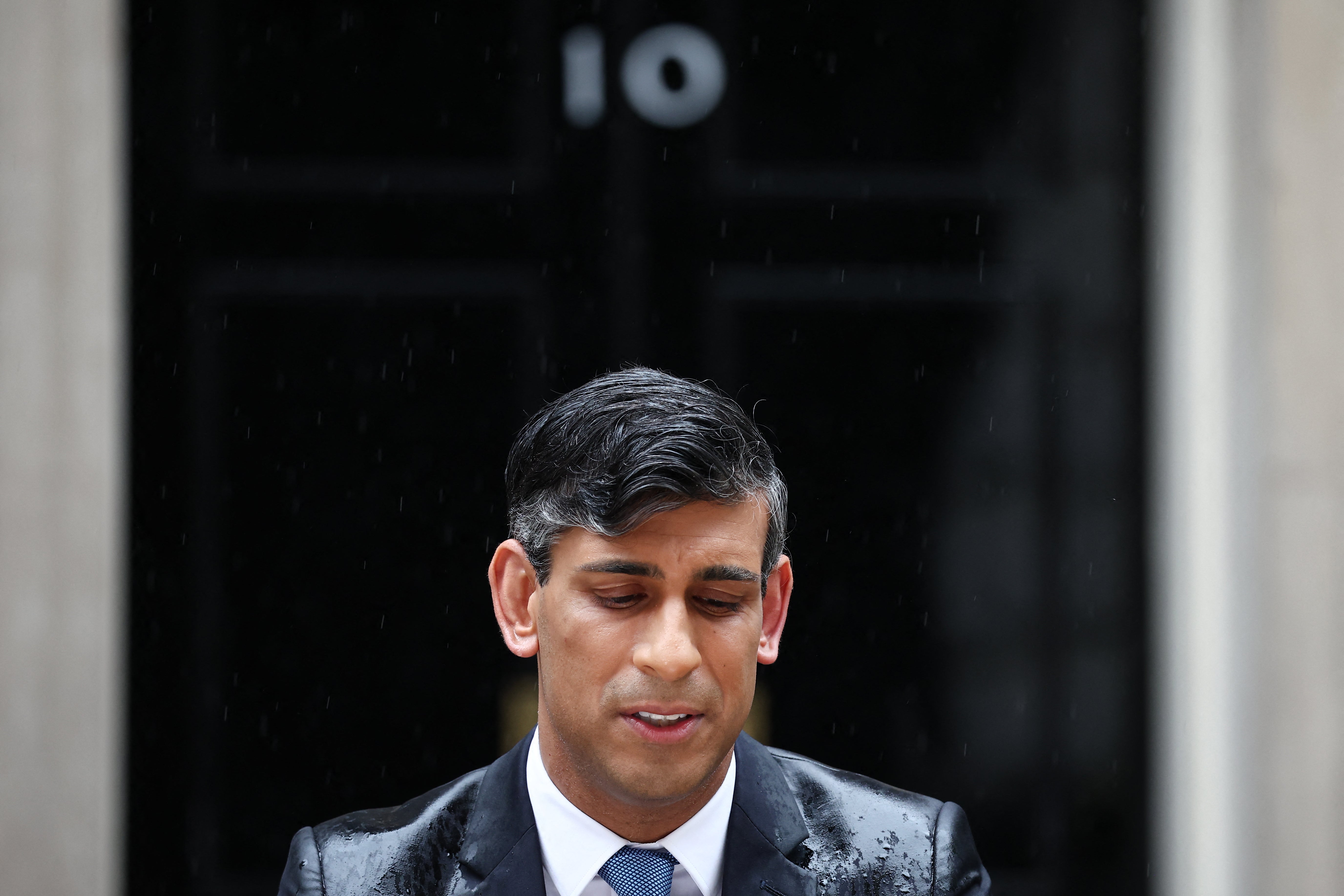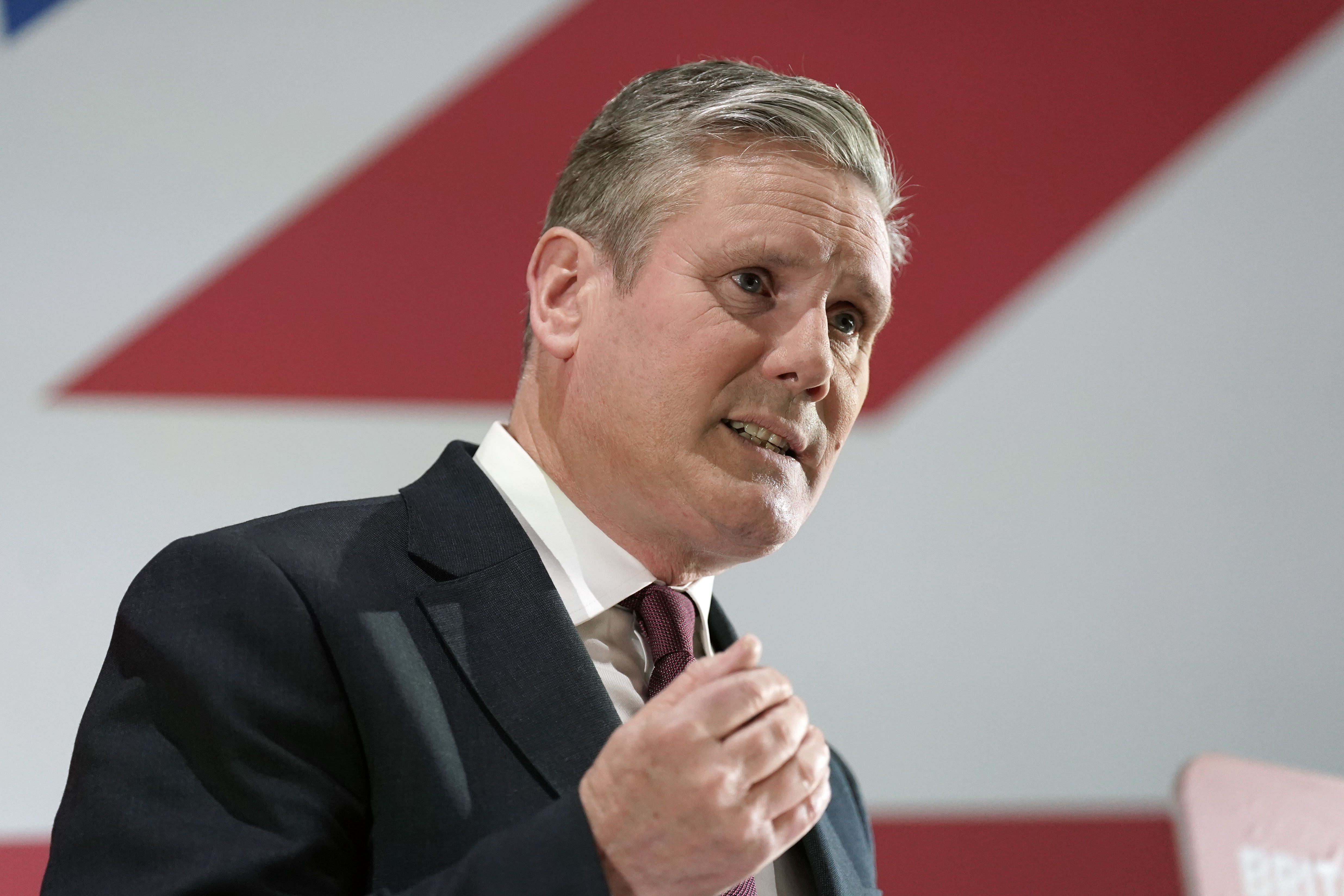
Rishi Sunak has called a General Election for July 4, saying it was “the moment for Britain to choose its future”.
The Prime Minister has gambled that improved inflation figures and a recovering economy will help him overturn Labour’s 20-point opinion poll lead.
In a sign that security and the economy will be key battlegrounds, Mr Sunak said: “This election will take place at time when the world is more dangerous than it has been since the end of the Cold War.”
The “uncertain times” call for a “clear plan”, he said.
When will the next election take place?
The election will be held on Thursday July 4.
What ID will voters need on election day and can you postal vote?
Acceptable forms of ID include a passport, driving licence, Proof of Age Standards Scheme (Pass) cards, Blue Badges and some concessionary travel cards. The Government has also said it intends to make veterans’ ID cards a valid form of voter identification after former service personnel were turned away from polling stations at local elections.

Voters can also choose to cast their ballots by post, for example, if they live abroad or are away from home on the day. This must be organised ahead of time.
What happens to Parliament and the Government when an election is called?
Once the King grants the Prime Minister permission to hold a general election, the Prime Minister can set a date to dissolve Parliament and the polls take place 25 working days later.
Parliament must complete all business before it is dissolved – bills that have not already received Royal Assent will not become law and cannot be continued into the next parliament.
Prorogation – as the formal end to the parliamentary session is known – may take place a few days before dissolution.
MPs must clear their offices – whether they intend to stand down or run in the election.
How many current MPs will not be running?
A total of 105 MPs have said they will not stand in the next election. That includes 65 Conservatives, 19 from Labour and 9 from the SNP.
These include Dan Poulter and Natalie Elphicke, who defected from the Tories to Labour.
How will the election campaigns work?
Parties decide themselves when to launch their manifestos – since 1997, Labour and the Conservatives have launched their manifestos between 18 and 29 days before the polling date, according to the Institute for Government.
How are the parties faring in the polls?
The Labour Party is leading with 45%, with the Conservatives trailing behind at 24%, opinion polls published May 22 show.
Reform was polling at 11%, the Lib Dems at 10% and the Green Party at 6%.

This is based on a seven-day rolling average.
What are the key policy battlegrounds?
The long-term future of the NHS and immigration policy will likely be key battlegrounds in the run-up to the General Election.
Sir Keir Starmer recently unveiled a pledge card with six “first steps” a Labour Government would take. These include measures to invest in the NHS, education and policing, to set up a new national energy company and an elite border force, and to promote economic stability.







